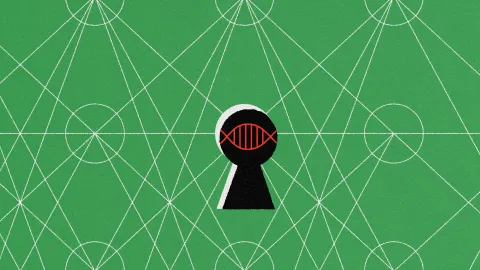
“Artificial intelligence” to digitize genomes
The digitization of living organisms is the subject of a growing number of projects. Computer data, generated and stored in ever-larger “data centers”, are used by “artificial intelligence” matrices. These data are of all kinds: genetic sequences, proteins, etc. In these fields, which require increasing natural resources, investments are multiplying.
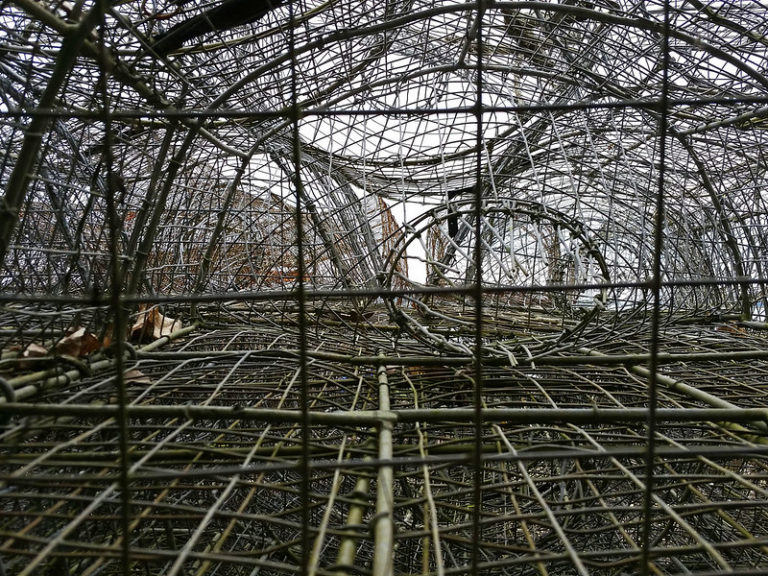
Copa-Cogeca’s ambiguities on the issue of plant patents
For a year and a half, the Council of the European Union has been unable to reach an agreement on the deregulation of GMOs, mainly because of the problems posed by patents on those GMOs or on the techniques used to obtain them. According to Copa-Cogeca, those two issues should be dealt with separately. Its proposal is to adopt the deregulation of GMOs as quickly as possible and postpone the study of the problem posed by patents. Even if it means forgetting that farmers are indeed affected by patents.
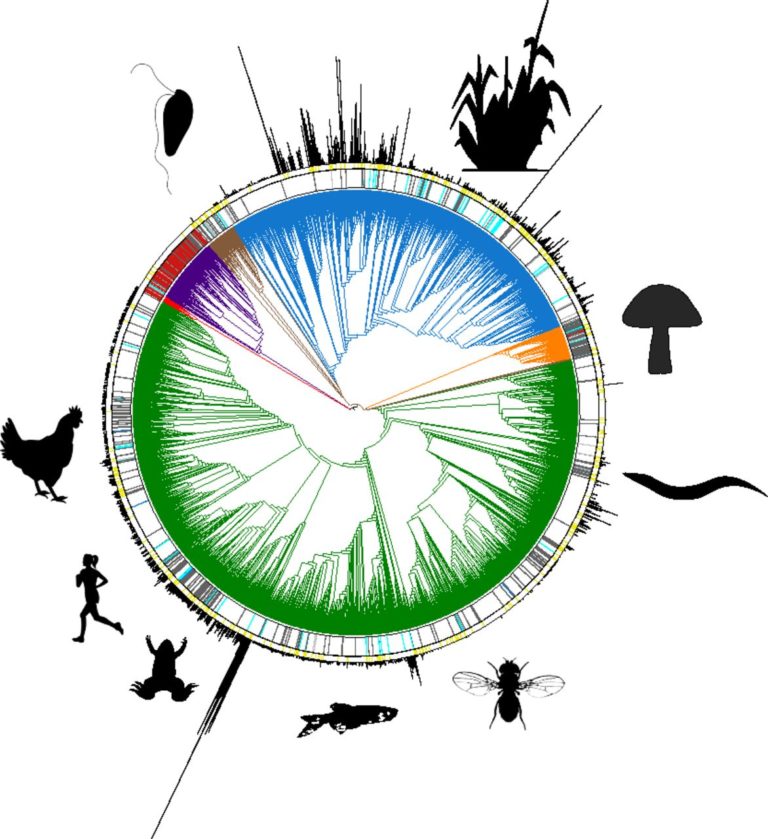
The genome of 1.8 million species is being sequenced
Can biological diversity escape any risk of biopiracy when part of it is digitised in computers? The answer depends on ongoing negotiations within international bodies. In the meantime, an international project to sequence the genome of all known eukaryotic species is making progress. Financed indirectly by players in the IT and artificial intelligence fields, this project even hopes to be able to bypass certain rules thanks to more powerful working tools.
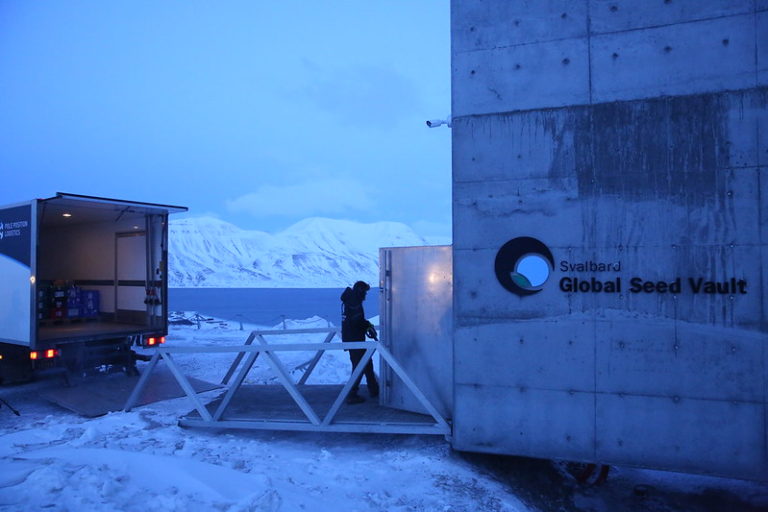
Pro-GMO multinationals indirectly manage the Svalbard seed bank
The Svalbard Global Seed Vault (Svalbard, Norway), often nicknamed the “seed vault”, plays a special role in preserving genetic biodiversity. Its main mission, focused on the long-term conservation of seed samples, is officially to preserve the diversity of plant genetic resources and ensure their accessibility in the event of disasters. However, a closer look at how it works reveals the considerable influence and interests of pro-GMO players in its governance. Who will really benefit from Svalbard, the multinationals or the farmers?
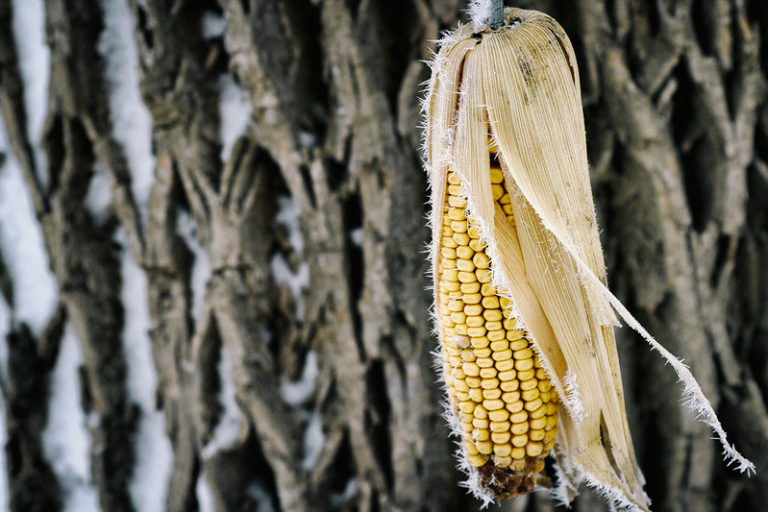
EPO throws cold water on opposition to KWS patent
On 15 October 2024, the European Patent Office (EPO) upheld KWS’s patent for cold-resistant maize. This decision is likely to raise serious concerns among European seed breeders, who may now feel threatened in their breeding work. The patent covers maize plants containing a naturally occurring genetic sequence, which restricts the freedom of breeders to develop new varieties. The “oral proceedings”, which took place before the EPO Opposition Division and which Inf’OGM attended by video-conference, gave rise to some unusual and revealing exchanges. This case shows once again that patents can indeed be tools for appropriating seeds developed by farmers and/or breeders.
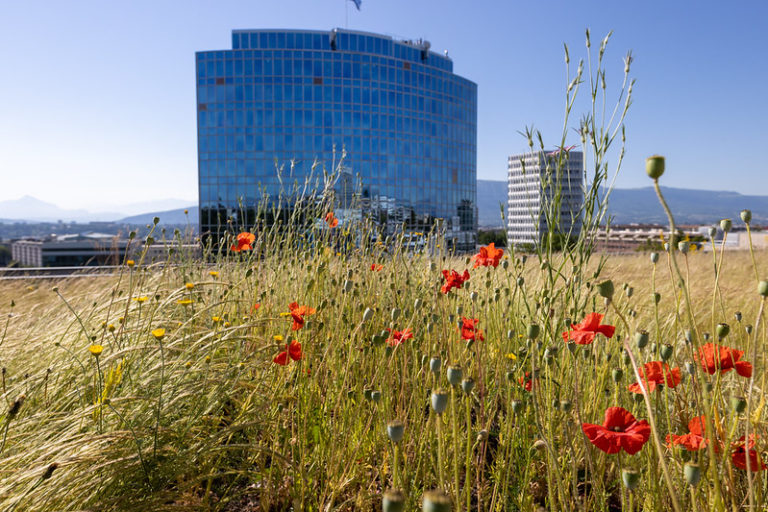
WIPO opens more widely the door to biopiracy
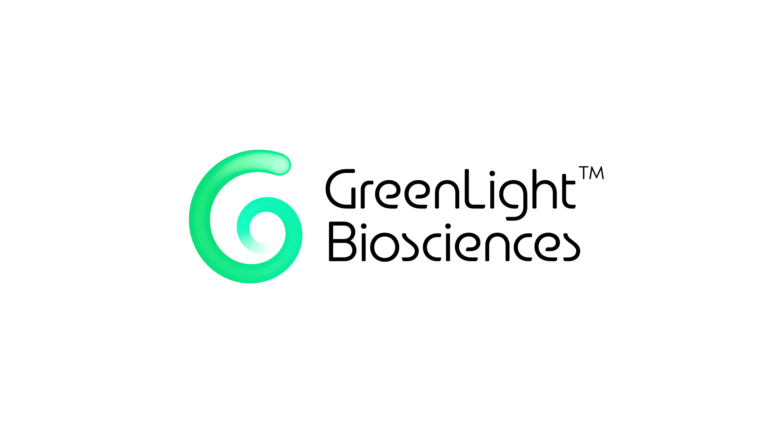
GreenLight Biosciences or the RNA at every level
After genetic sequences and DNA, here comes RNA, the new flagship molecule in biotechnology that is supposed to solve agricultural and health problems. Companies in this field are flourishing. Among them is GreenLight Biosciences, a company that was on the verge of bankruptcy when it was bought by the investment fund Fall Line Capital.
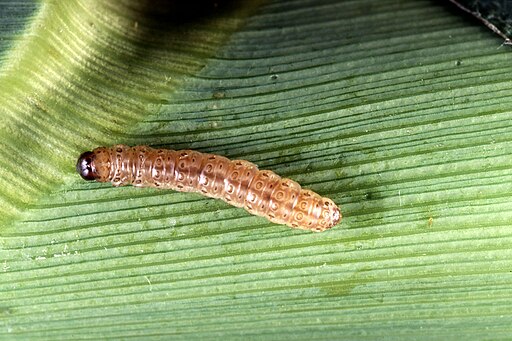
In Spain, are some insects beginning to resist GM maize?
For almost 15 years, European and French experts have been recommending that Bayer improve environmental monitoring of commercial Mon810 corn crops in Spain and Portugal. This improvement is necessary, they say, to prevent target insects such as the European corn borer and sesamia from developing resistance to the insecticide produced by this transgenic corn. But year after year, Bayer only partially responds to these requests. Yet concerns are becoming increasingly serious and concrete, as demonstrated by the latest EFSA opinion, published in August 2024.

Interconnections between new biotechnologies and DSI or GSD
What are the links between new techniques of genetic modification, digitization of genetic sequences information and patents? Inf’OGM publishes here an analysis presented in June 2024 at a regional workshop organized by the African Center for Biodiversity, in Durban (South Africa). It was written by Guy Kastler, representative of the international farmers’ organization La Via Campesina at various ITPGRFA and CBD meetings.
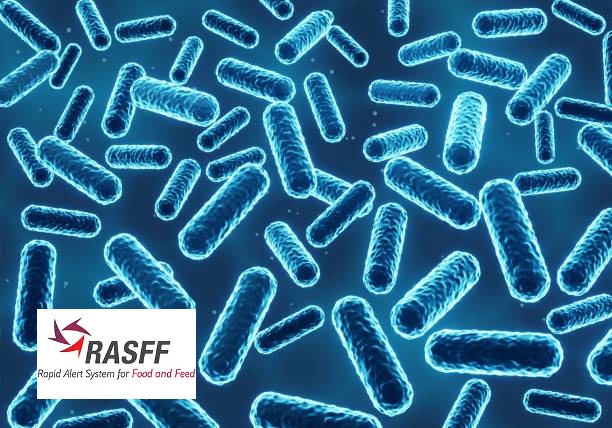
Illegal GMO plants and micro-organisms in Europe
Between 1 January 2021 and the present day, the European Union has had to deal with almost fifty cases of the illegal presence of GMOs on its territory. Most of the cases reported by the national authorities involve GMO plants originating in Asian countries such as Vietnam and Thailand, but also in other countries such as Ukraine, the United States and, more surprisingly, France… GMO micro-organisms have also been detected in batches of food additives used in human and animal nutrition.

Catalonia: GMO Clearfield rapeseeds do not have better yields
In Spain, the public agronomy institute Irta regularly carries out evaluations of several varieties of rapeseed. Recently, they introduced into their evaluation some Clearfield rapeseed varieties, herbicide tolerant varieties modified via in vitro mutagenesis. Result: these GMOs, grown commercially in Europe outside the legal framework, do not have better yields than their conventional counterparts.
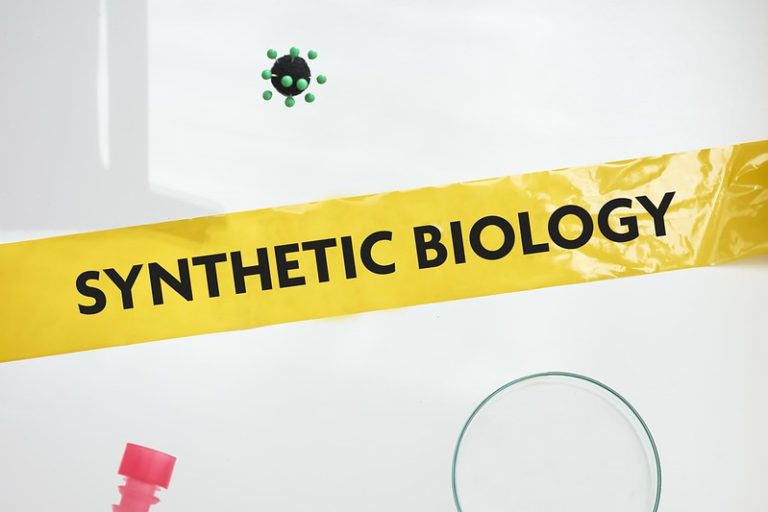
Synthetic Biology, talks are involving GMOs
For the past fifteen years, governments have been discussing “synthetic biology” on an international level. If to date, an “operational” definition exists, the outlines of this field remain hard to draw. Are talks of “synthetic biology” simply a change of semantics, or a genuinely new frontier of the biotechnology field? For the moment, examples of organisms or molecules obtained by synthetic biology are accumulating: unnatural proteins, GMO plants, GMO bacteria, recreated viruses, modification of living organisms directly in the environment, GMO insects, xenobacteria…

